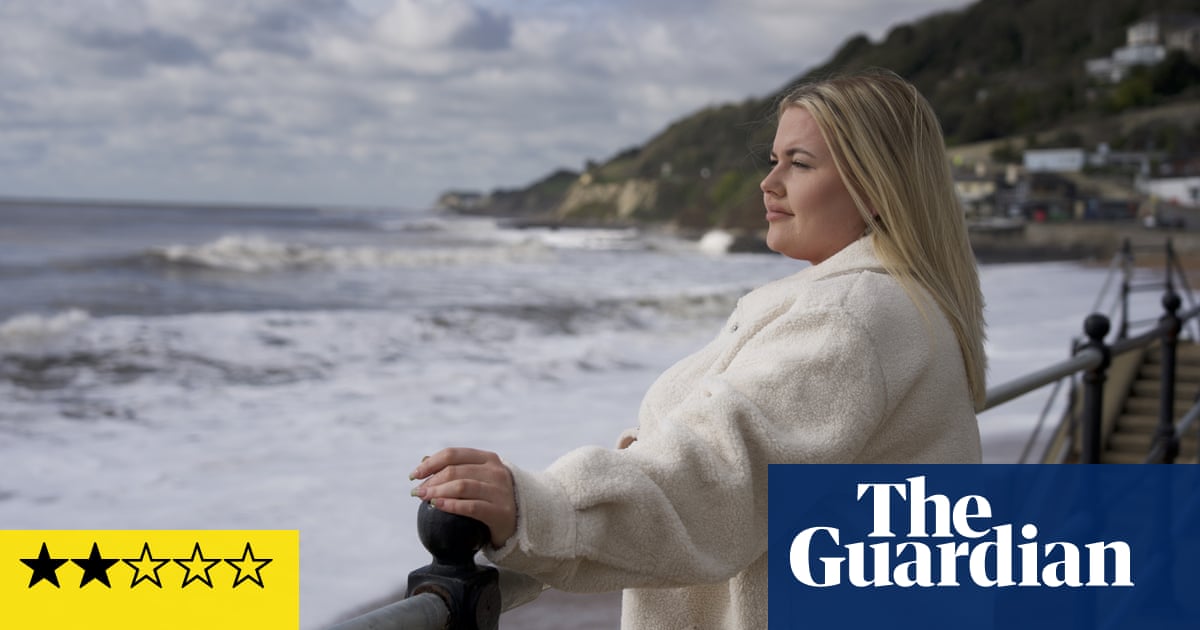I’ve had enough of hearing about how awful people can be to one another. I’m about ready for the second flood, a cleansing fire, whatever will raze this horrible business of humanity to the ground and give us – or some other species – a chance to start anew. Ideally it would happen after I’ve finished watching Rivals and season four of Only Murders in the Building, but I accept that things are probably at a pitch that means my desires may no longer be fully accommodated.
For those of you who still have some appetite left for horrors, or who need one final push over the line towards welcoming – nay, rushing towards – the apocalypse, watch Love Cheats. It is four hour-long stories about how manipulative, exploitative, vile, greedy and emotionally predatory some people can be, and how they tend to target the kinder, gentler, more sympathetic, empathic, altogether better members of the threadbare net we are still just about able to call society.
So, to (horrible, depressing) business. The first episode unspools the tale of 20-year-old successful bar manager Megan, who is swept off her feet by a well-spoken, well-dressed customer who turns out to be a lord – Bertie Underwood. He showers her with gifts, from flowers to a new car, and soon they are in love and living together in his gorgeous three-storey house stuffed with art and antiques.
Yes, I know – the penny would have dropped for you and me the moment he called himself Lord Bertie Underwood. But (I suspect) you and I are not 20 and not designed, as Megan – whose charming, loving nature is writ large on camera – clearly is, to think the best of people.
So Bertie proposes and a huge wedding is planned. They even get a puppy and feel like “a little family”. Megan leaves the bar to work for him instead, because he doesn’t like his fiancee talking to so many men all the time. She doesn’t see her friends as much. Eventually, questions pile up, as do Megan’s suspicions. She searches his office and finds a wallet full of credit cards in different names. A few Google searches later and Megan is back at her mum’s, knowing that her fiancee is Robert Doughty, a convicted fraudster. She will shortly find out that he has taken out £30,000 in loans in her name. The police can apparently do nothing because it is a domestic matter (I would like to hear more about this, ideally from the police) and the diamond engagement ring she tries to use to begin to pay them back is fake. She, her mother and her friends take the story and his photo online and other victims, some of whom he was in relationships with via Grindr while with Megan, are soon in contact.
Some of his pre-Megan marks are interviewed, with similar stories of plausibility and happiness giving way to suspicion and treachery. Doughty is eventually arrested and sentenced to five years in jail, but escapes from his open prison after two months and, as an understated final caption puts it, is still on the run and thus unavailable for comment on the programme. It would be amusing if I were still capable of being amused by this point.
The other three programmes are more of the same. There’s a firefighter who claims he is awaiting a £2m inheritance and that he’s had a vasectomy, which causes pretty much the devastating fallout you might expect when he meets two sisters and starts a relationship with one then goes into business with the other. In the US there is Sabrina, who fakes a multiple sclerosis diagnosis and fleeces her devoted boyfriend Aaron for the “essential” medications she needs while she too waits for an inheritance to arrive. When Aaron catches on to the scam, she accuses Aaron of domestic abuse and begins again elsewhere. The ramifications for him, his friends and his next relationship are heartbreaking. And in Australia, “Arrow” runs a remarkably similar con on Sean and others, though the diagnosis is cancer and there are no accusations of violence. There is, however, a child involved, and all the extra suffering that brings.
I’m not quite sure whether the point of this quartet of stories is to educate, titillate or give us somewhere to put our hate, but I’m pretty sure the makers don’t know, or care. And whatever the intent, the effect is to leave us just that bit more aware that the world is even worse than we thought, and that to hope and trust in other people is a fool’s game. Stick to Rivals and OMITB, I say. Or bring on the four horsemen. Let’s get it over with.
after newsletter promotion












